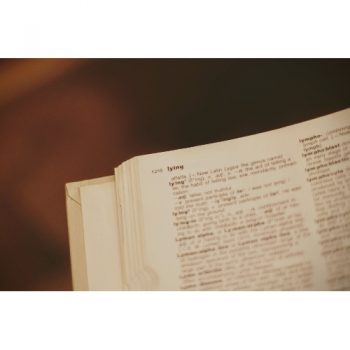“Man’s character is his fate.” (K 114; cp. D, S R 119)
In Greek this is a three word fragment. Transliterated, that is: “ethos anthropoi daimon.” The interpretation largely turns on how we interpret “daimon.”
Daimon is translated as “fate” or “destiny.” Sweet offers “divine fortune.” In addition to “fate,” Robinson like Kahn in his commentary, also suggest “divinity.” The term suggests one’s “fortune” or “misfortune.” In line with Homer, a daimon is “one who distributes or assigns a portion” (see Kahn, p. 261).
We seem left with two possibilities for this quote: either the god’s apportion one’s character and one’s fate both, or through the formation of one’s character one determines one’s fate for oneself. The point would be that there is not an external locus of control for one’s fate, but an internal one. We create our own fate.
The former, determinist reading of Heraclitus aligns with various fragments such as Fragment 83 (D 53) “War is the father of all…some he has shown as gods, others men; some he has made slaves, others free.” This also makes sense of the apparent relativity expressed toward moral judgments in Fragment 69 (D 102): “”[[For god all things are fair and good and just, but men have taken some things as unjust, others as just.]]” The latter reading makes sense of Heraclitus’ continual appeals to individuals to embrace a moral life, such as we see in Fragment 65 (D 44): “The people must fight for the law as for their city wall.” Such appeals are only sensible if there is the free will to actually decide and, aligned with that for this fragment, then to shape one’s own character and one’s own fate.
